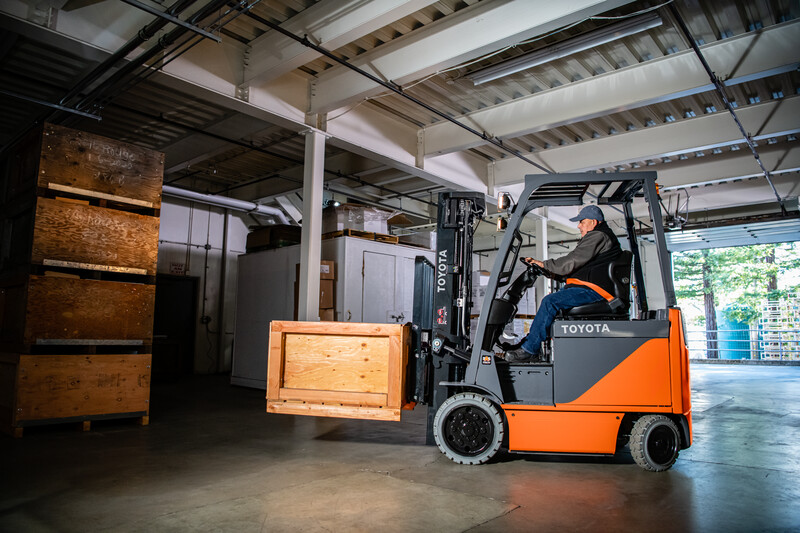In industries where the smooth movement of heavy materials is crucial, forklifts play an indispensable role. These powerful machines are relied upon to lift, carry, and transport goods within warehouses, distribution centers, construction sites, and more. However, with great power comes the need for great safety, and one critical aspect of forklift safety is maintaining its braking system. In this article, we’ll delve into the signs that indicate it’s time to replace forklift brakes to ensure the safety of operators, personnel, and the efficiency of operations.
Signs that it’s Time to Replace Forklift Brakes
1. Decreased Stopping Power: If you notice that the forklift’s stopping distance has increased or if the vehicle feels sluggish when coming to a halt, it could be a sign that the brakes are worn out and need replacement.
2. Squealing or Grinding Noises: Unusual and persistent squealing or grinding noises while applying the brakes might indicate that the brake pads or linings have worn down to the point where metal is grinding against metal. This is a clear indication that immediate replacement is necessary.
3. Vibration or Shaking: When braking, if you feel significant vibrations or shaking in the forklift, it could be due to uneven brake pad wear or issues with the brake rotors. Ignoring this could lead to further damage to the braking system.
4. Soft or Spongy Brake Pedal: A brake pedal that sinks easily to the floor or feels spongy when pressed might suggest air in the brake lines or a fluid leak. Both scenarios require immediate attention to maintain proper brake function.
5. Warning Lights: Many modern forklifts are equipped with brake warning lights on the dashboard. If these lights illuminate, it’s a clear indicator that the brake system needs inspection and potential replacement.
6. Uneven Braking: If the forklift pulls to one side when braking or if you notice uneven wear on the brake pads, it could signify issues with the brake calipers or other components that need addressing.
Regular Maintenance and Inspection
Preventive maintenance is key to ensuring the longevity and functionality of any machinery, including forklifts. Regularly scheduled maintenance should include thorough inspections of the brake system. This involves checking brake fluid levels, examining brake lines for leaks, measuring brake pad thickness, and evaluating the overall condition of brake components.
Forklifts are an essential part of many industries, and their safe operation relies heavily on functional brakes. Recognizing the signs that it’s time to replace forklift brakes is not only crucial for the safety of operators and personnel but also for maintaining efficient operations and preventing costly downtime. Whether it’s diminished stopping power, unusual noises, or any of the other signs mentioned, prompt action is necessary to address brake issues and ensure that these powerful machines operate as intended. Regular maintenance and timely brake replacements are investments in both safety and productivity.
